According to current data, the shipping industry owns about 90 percent of global trade, the world fleet is manned by more than 1 million seafarers, which highlights the importance of ship safety. However, the number of total losses in shipping vessels decreased by a record level. Over the last decade, they have decreased by 65 percent, this due to optimized ship technology and advances in risk management and safety have allowed many improvements. Stronger safety management systems and procedures on ships are also a factor in preventing marine damage, accidents and other errors from turning into total losses.
What is a maritime failure
The maritime failure are those eventual extraordinary expenses that occur for preserving the ship or the cargo or both during navigation. Likewise, it is all damage suffered by the ship and the goods during their navigation to their destination with the exclusion of minor and ordinary expenses of navigation.
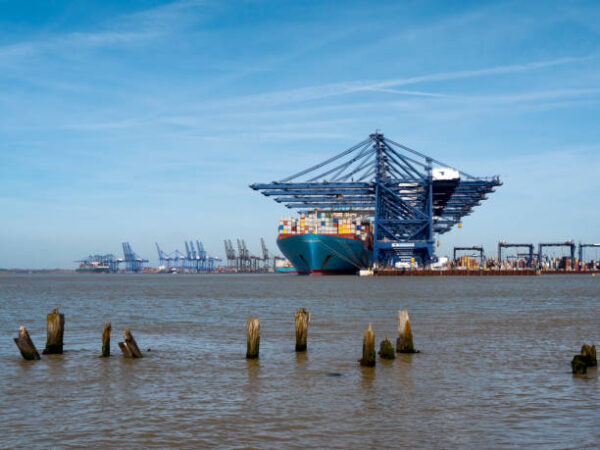
Kinds of maritime failures
There are two kinds of maritime failures:
– Simple or particular failure: Are damages suffered by a ship or the goods that it transports, as a consequence of a fortuitous event. Its economic effects affect the owner, the beneficiary, third parties or their insurer.
– General average or common failure: It is that act in which, intentionally and reasonably causes an extraordinary expense damage for the salvation of the goods committed in a maritime trip, which entails avoiding other major damages in the ship itself or its cargo.
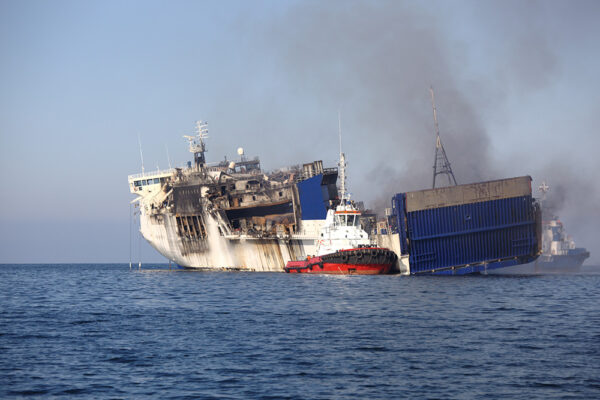
Risks of maritime transport of cargo
It is essential to know the risks when carrying out a large and important transport operation such
as international trade, for this reason we mention some risks in the maritime transport of cargo:
– Own or inherent risks of the transport: General average, sinking, collision, explosion, these risks
directly affect the vessel and consequently the merchandise.
– Dangers of the goods during transport: loss of entire packages during loading, transshipment
and unloading maneuvers, breakage, cracking or wetting of the goods during transport.
– Dangers caused by human interference: any malicious act of third parties, theft, piracy or
terrorism.
– Breakage of the cold chain: damage caused by temperature variation due to breakdown of the
refrigeration system.
– International war and terrorism: riot, booty, civil or popular commotion.
– Natural phenomena: Floods, tidal waves, storms that may cause damage and/or loss of goods.
These are some of the multiple risks that the merchandise faces during its journey, which is why it
is essential to have merchandise transportation insurance.
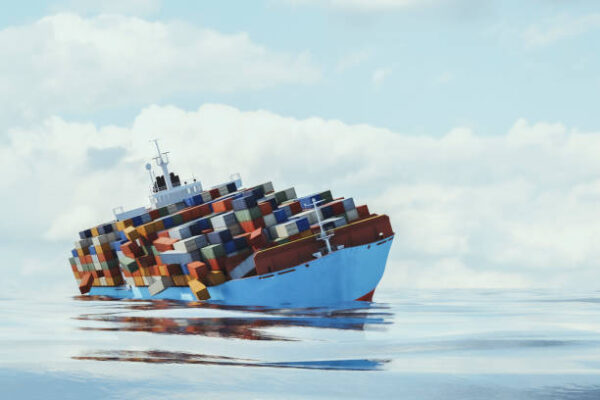

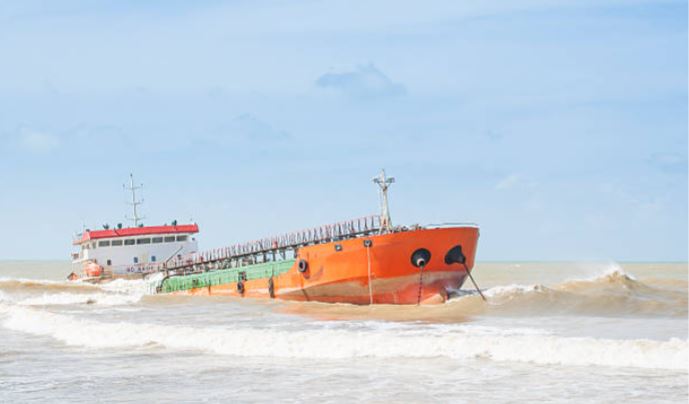
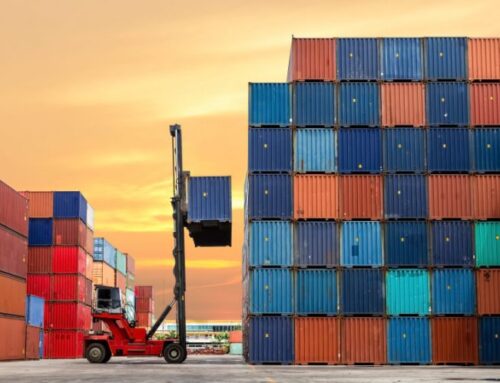

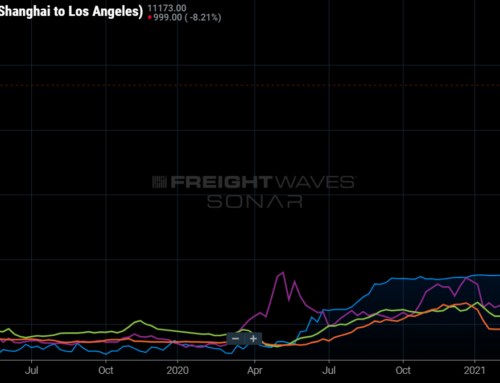
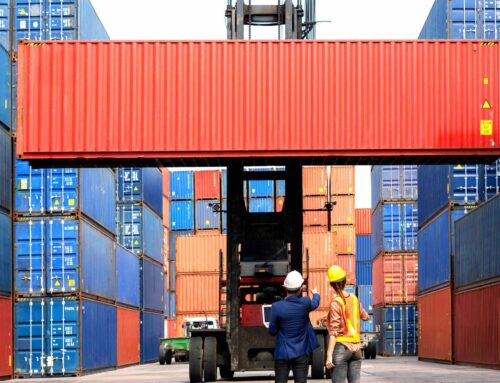
Leave A Comment